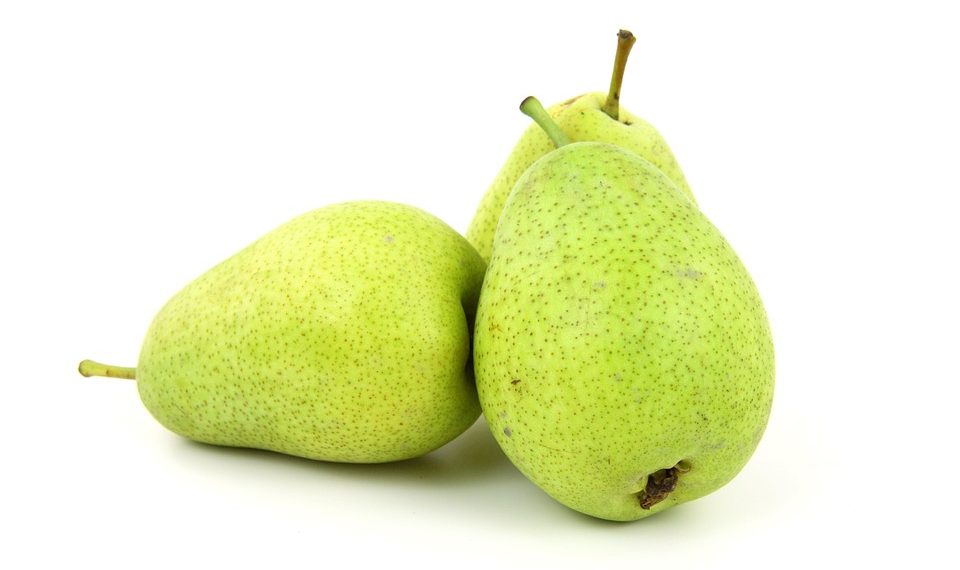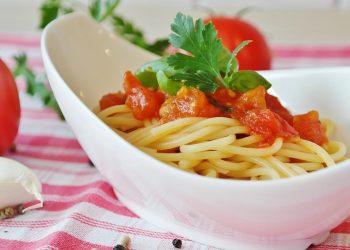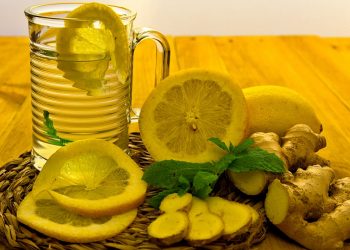Whole food nutrition secrets are the keys to unlocking your best health. Imagine feeling energized, clear-headed, and ready to embrace every day with joy. It’s not just a dream; it can be your reality. This article will dive deep into the world of whole foods and show you how they can transform your life.
Contents
Understanding Whole Foods
Whole foods are those that are minimally processed and free from artificial ingredients. Think fresh fruits, vegetables, whole grains, nuts, and seeds. These foods are packed with nutrients that your body craves. They’re the foundation of a healthy diet and bring a multitude of benefits that go beyond just physical health.
Eating whole foods matters because they provide your body with the vitamins, minerals, and antioxidants it needs to thrive. It’s not just about losing weight or fitting into that favorite pair of jeans. It’s about nurturing your body and mind, helping you feel vibrant and alive.
Why Whole Foods Matter
When you focus on whole food nutrition, you’re not just feeding your body; you’re feeding your soul. These foods can help reduce the risk of chronic diseases, improve mental clarity, and boost your mood. They can turn your everyday meals into nourishing experiences.
Here are some compelling reasons why incorporating whole foods into your diet is crucial:
- Nutrient Density: Whole foods are rich in essential nutrients. They provide more vitamins and minerals per calorie than processed alternatives.
- Enhanced Digestion: Fiber-rich whole foods promote healthy digestion and regularity.
- Weight Management: Whole foods can help you feel fuller longer, making it easier to maintain a healthy weight.
- Improved Mood: Nutrients from whole foods can improve brain function and reduce symptoms of anxiety and depression.
1. Embrace Seasonal Eating
Eating with the seasons can be a game changer for your health. Seasonal produce is often fresher, tastier, and more nutrient-dense. Fruits and vegetables picked at their peak ripeness are bursting with flavor and health benefits.
- Spring: Think asparagus, strawberries, and spinach. These are detoxifying and energizing.
- Summer: Enjoy tomatoes, zucchini, and berries. They are hydrating and refreshingly light.
- Fall: Savor squash, apples, and root vegetables. These are grounding and comforting.
- Winter: Indulge in citrus fruits, kale, and sweet potatoes. They are nourishing and immune-boosting.
By choosing seasonal foods, you’re not only nourishing your body but also supporting local farmers and the environment. This is a win-win!
2. Color Your Plate
The more colorful your plate, the more nutrients you’re likely to consume. Different colors in fruits and vegetables represent a variety of phytonutrients, vitamins, and minerals.
- Red: Tomatoes and strawberries contain lycopene and anthocyanins, important for heart health.
- Green: Spinach and kale are rich in iron and calcium, essential for strong bones.
- Orange: Carrots and sweet potatoes are loaded with beta-carotene, crucial for vision and skin health.
- Purple: Eggplants and blueberries are packed with antioxidants, great for fighting inflammation.
Make it a habit to fill your plate with a rainbow of colors at every meal. Your body will thank you!
3. Prioritize Whole Grains
Not all grains are created equal. Whole grains like quinoa, brown rice, and oats are far superior to their refined counterparts. They retain their nutrient-rich bran and germ, providing fiber, protein, and essential nutrients.
Benefits of whole grains include:
- Better digestion: The fiber helps keep your digestive system running smoothly.
- Sustained energy: Whole grains release energy slowly, keeping you fuller and more energized throughout the day.
- Heart health: They can help lower cholesterol levels and reduce the risk of heart disease.
Swap out white bread and pasta for whole grain options. Your body will be grateful!
4. Don’t Fear Fats
Healthy fats are essential for vibrant health. They support brain function, hormone regulation, and nutrient absorption. Focus on incorporating sources of unsaturated fats, such as:
- Avocados: Creamy and delicious, they’re packed with monounsaturated fats.
- Nuts and Seeds: Almonds, walnuts, chia seeds, and flaxseeds are rich in omega-3 fatty acids.
- Olive Oil: A staple in Mediterranean diets, it’s known for its anti-inflammatory properties.
Avoid trans fats and processed oils. They can wreak havoc on your health, leading to inflammation and disease. Embrace healthy fats to nourish your body and mind.
5. Hydrate with Whole Foods
Did you know that many fruits and vegetables are excellent sources of hydration? Cucumbers, watermelon, and oranges are not only refreshing but also help keep your body hydrated.
- Herbs: Fresh herbs like mint and basil can elevate your hydration game while adding flavor.
- Broths: Homemade vegetable or bone broths are hydrating and nutrient-rich.
Aim to drink at least eight glasses of water daily, but don’t forget about the hydration power of whole foods. They can contribute significantly to your daily hydration needs.
6. Plan Your Meals
Meal planning can be a lifesaver for maintaining a whole food diet. It helps you stay organized, reduces food waste, and makes healthy eating more accessible. Here’s how to get started:
- Set Aside Time: Dedicate a few hours each week to plan your meals.
- Create a Shopping List: Focus on whole foods and stick to it to avoid impulse purchases.
- Batch Cook: Prepare large quantities of whole foods, so you have healthy options ready throughout the week.
Planning your meals can make all the difference in sticking to a whole food nutrition plan. You’ll save time, money, and your health!
7. Listen to Your Body
Your body is wise. It knows what it needs. Pay attention to how different foods make you feel. When you nourish yourself with whole foods, you may notice:
- Increased energy levels
- Improved mood
- Better digestion
- Clearer skin
Don’t ignore the signals your body sends you. The more you tune in, the better choices you’ll make. Trust your intuition and let it guide you toward vibrant health.
Bottom Line
Whole food nutrition secrets can revolutionize your health. By embracing seasonal eating, coloring your plate, prioritizing whole grains, and not fearing healthy fats, you’re setting yourself up for success. Hydrate with whole foods, plan your meals, and, most importantly, listen to your body.
The journey to vibrant health is a personal one. Take small steps, celebrate your victories, and remember that every choice matters. You’ve got this!
FAQ
What are whole foods?
Whole foods are natural foods that are minimally processed and free from artificial ingredients. They include fruits, vegetables, whole grains, nuts, and seeds.
How do I start incorporating whole foods into my diet?
Begin by replacing processed foods with whole foods. Plan your meals and focus on seasonal produce to make it easier.
Why are healthy fats important?
Healthy fats are essential for brain health, hormone regulation, and nutrient absorption. They help keep you full and satisfied.
How can I ensure I’m getting enough nutrients?
Aim for a colorful plate filled with a variety of fruits and vegetables. Incorporate whole grains and healthy fats into your meals.
What is the best way to stay hydrated?
Drink plenty of water and include hydrating whole foods like fruits and vegetables in your diet.
Remember, small changes can lead to big transformations. Start today, and watch your life flourish!
Get Your FREE Natural Health Guide!
Subscribe now and receive our exclusive ebook packed with natural health tips, practical wellness advice, and easy lifestyle changes — delivered straight to your inbox.














